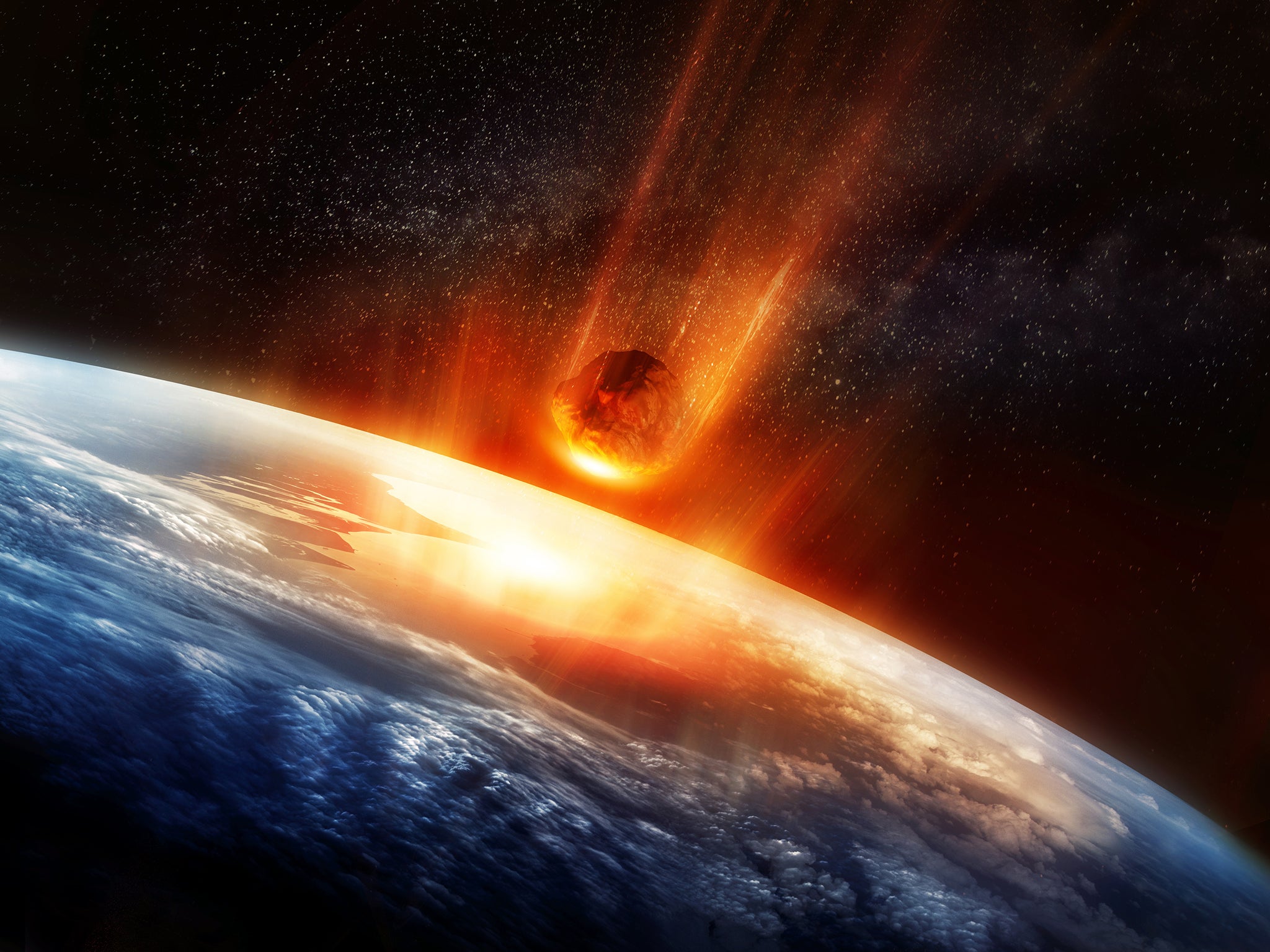How will the world end?
Many of the same events that defined the biggest extinctions in the history of our planet are happening in our time and unfolding at an unprecedented speed. For many extinction scientists studying the fossil record, it’s less a question of will it happen, and more of when, and how many of us will survive. Ashley Coates weighs the odds

From insect population crashes and deforestation to coral bleaching and ocean warming, evidence supporting the claim that we are bringing about Earth’s sixth mass extinction seems to come out almost every week.
A landmark UN report from May this year suggested that species are now being lost “at rates unprecedented in human history”, with around 1 million species directly threatened with extinction. The rate of loss is thought to be somewhere between 10 to a hundred times higher than the average over the past 10 million years – and it is speeding up.
Looking at extinction events in the fossil record, there’s little question as to whether the ecosystem collapse of today counts as a mass extinction.
Subscribe to Independent Premium to bookmark this article
Want to bookmark your favourite articles and stories to read or reference later? Start your Independent Premium subscription today.
Join our commenting forum
Join thought-provoking conversations, follow other Independent readers and see their replies